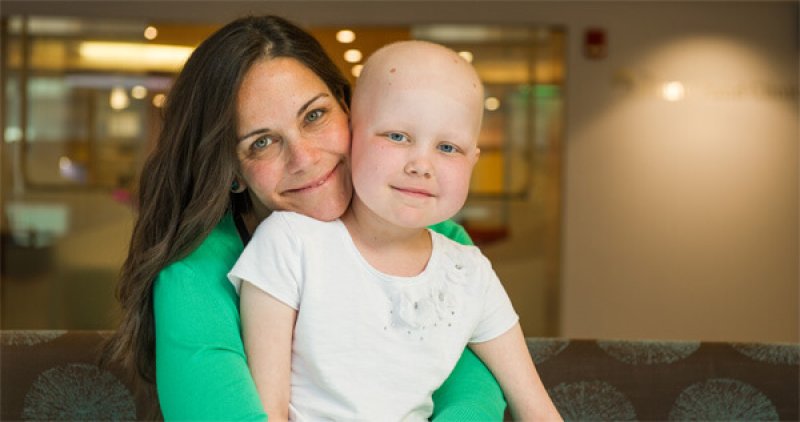Cancer patients’ close relatives might be willing to get tests to see if they share genetic mutations that put them at risk for tumors, too, if testing were accessible and affordable, a U.S. experiment suggests.
Researchers asked 741 people with one of 30 cancer-associated mutations and 360 of their “first degree” relatives – a parent, sibling or child – to invite other close relatives to get their genes sequenced for about $50 – about one tenth of the standard cost.
Altogether, these individuals invited 2,280 first-degree relatives to get the genetic tests.
Over the first year of the discount testing program, 48 percent of the invited relatives agreed to testing. About 48 percent of these first-degree relatives tested positive for the same genetic mutation linked to cancer in their family member, and about five percent had a different variant also associated with tumors, the study found.
Then, 12 percent of these relatives who tested positive kept the “cascade” testing going by inviting additional family members to get tests.
…
Although not everyone with a cancer-associated mutation will go on to develop the disease, the knowledge that one is a carrier can help people and their doctors make informed health care decisions while they are still healthy.
Read full, original post: Many cancer patients’ relatives might get gene tests if price is right































